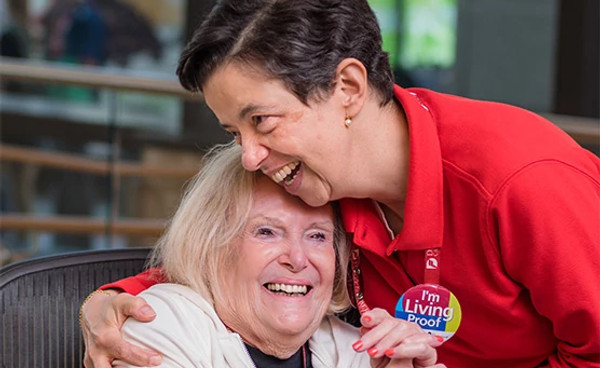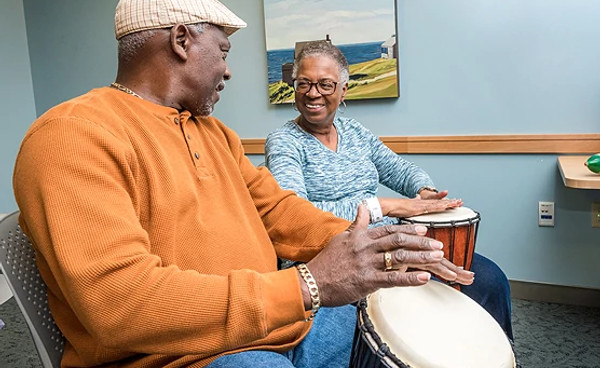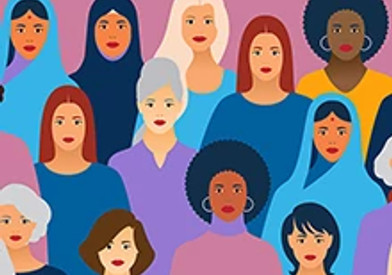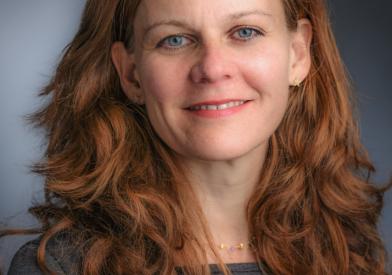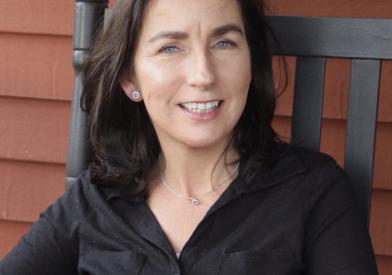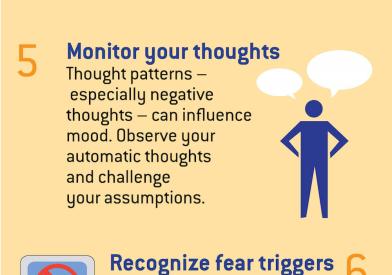About the Adult Survivorship Program
Dana-Farber's Adult Survivorship Program, part of the Perini Family Survivors' Center, is here to help you find expertise, education, and support to help manage issues related to surviving cancer. This includes managing the risk of second cancers, understanding the long-term effects of treatment, and addressing social, physical, or psychological concerns.
Our physicians, nurses, researchers, and psychologists are experts in survivorship, and will work with you and your primary care physician to create a plan for living well beyond cancer.
If you were treated for cancer as an adult (age 21 or older), you may benefit from our expertise and services.
You do not need to have been treated at Dana-Farber in order to be seen in our Adult Survivorship Program.
